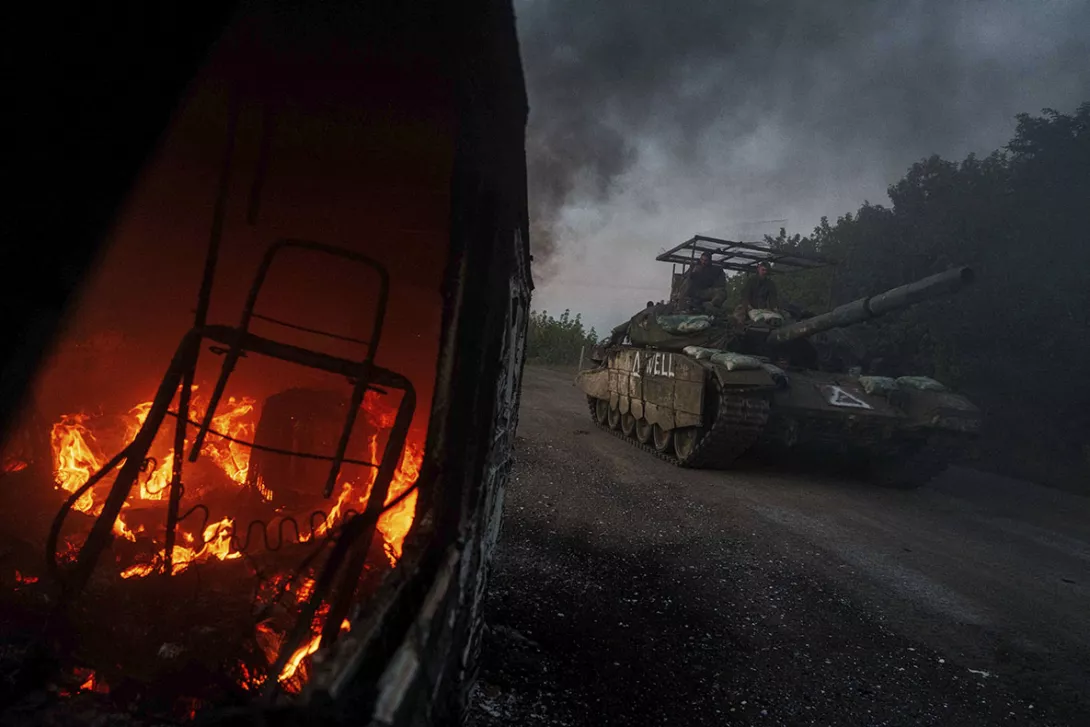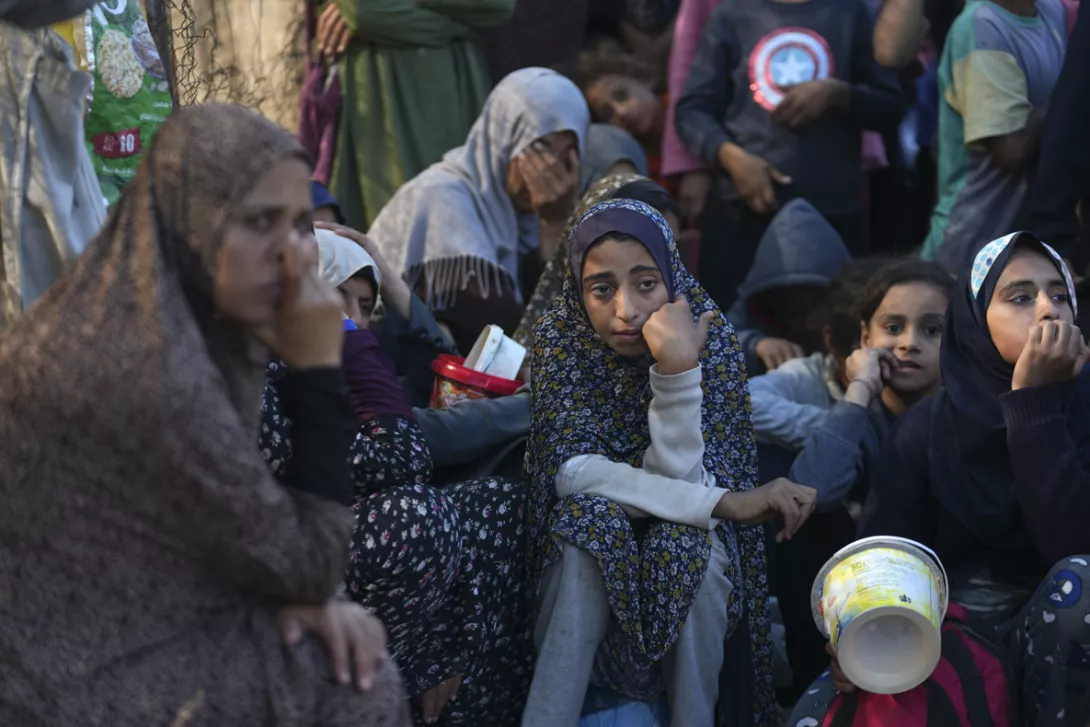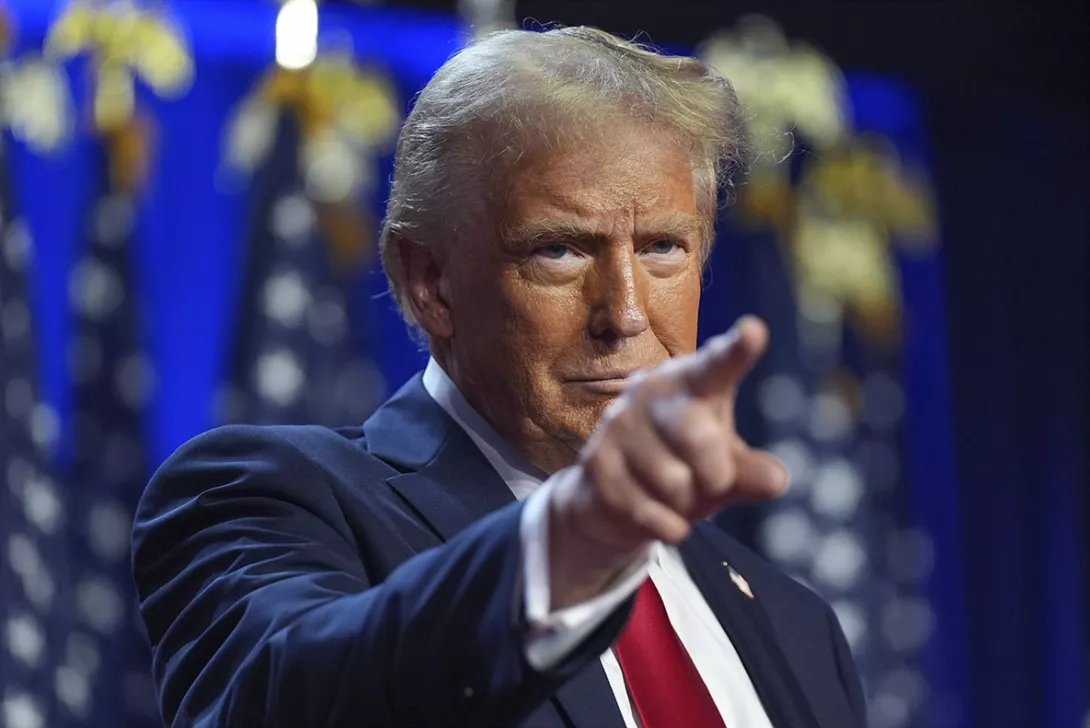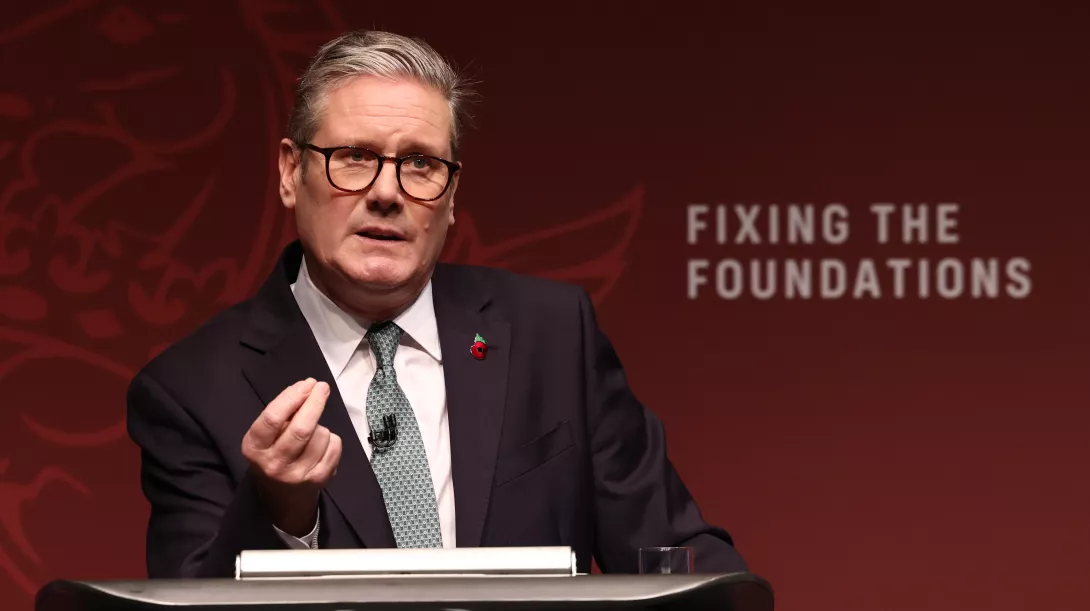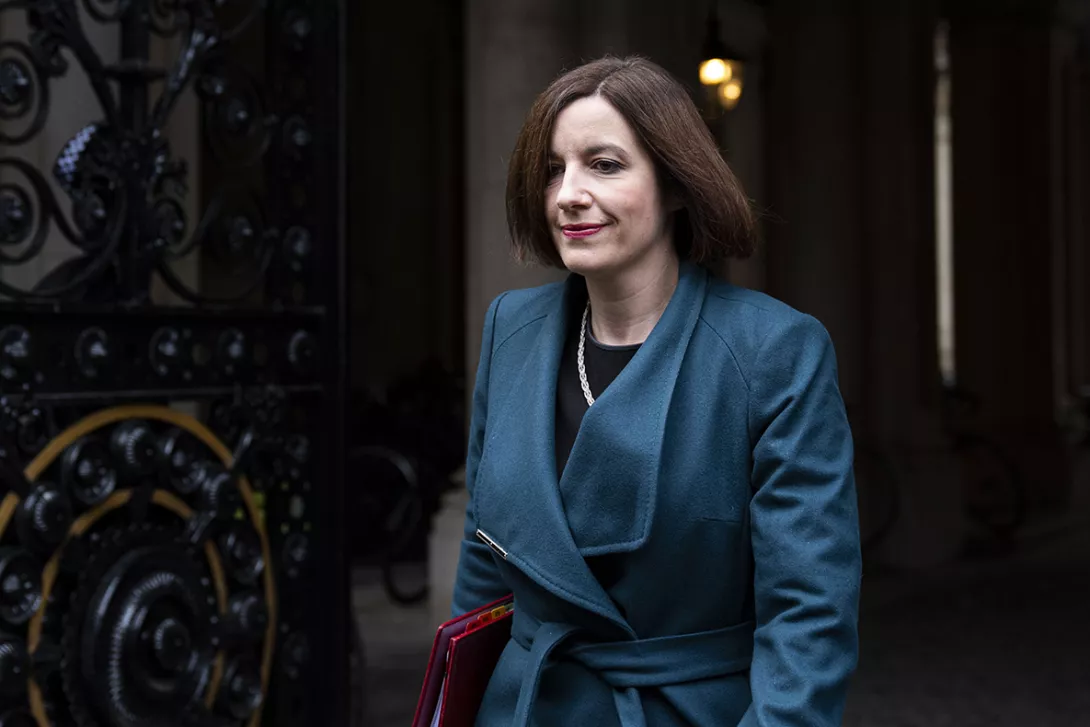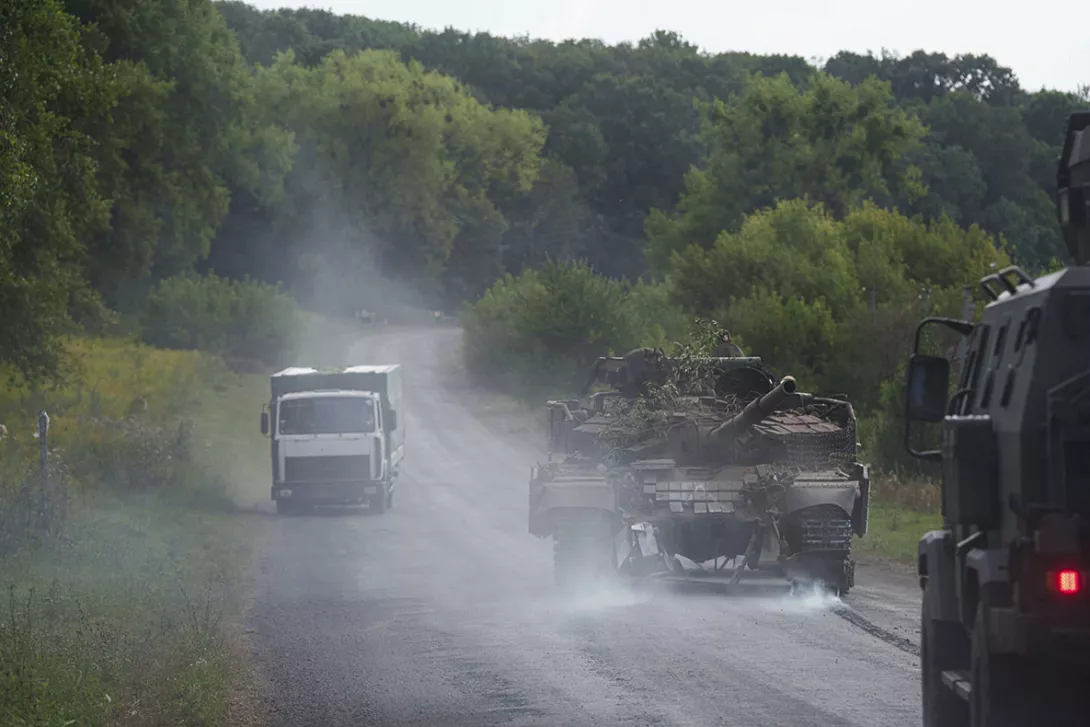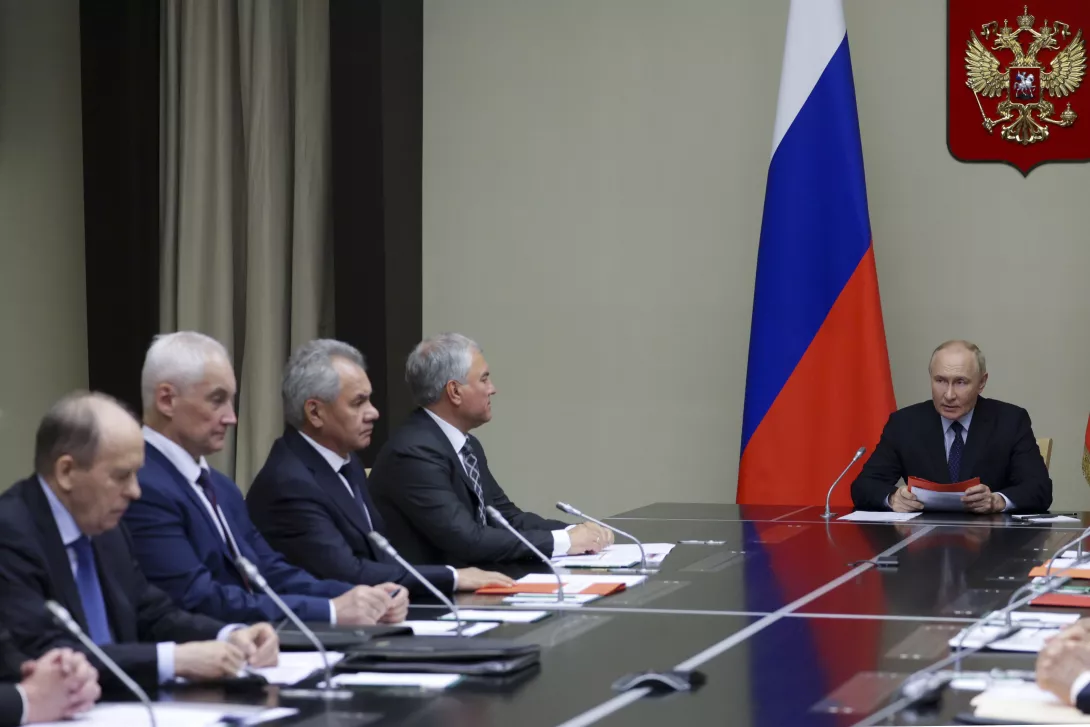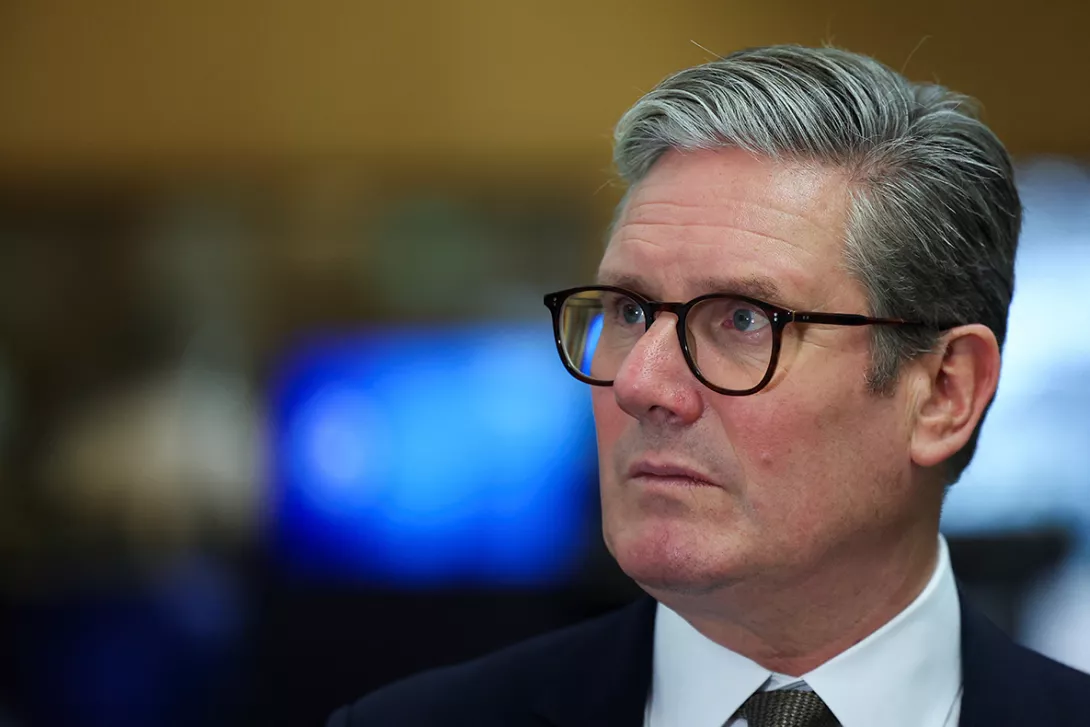
KEIR STARMER has handled the far-right riots as a policeman rather than a politician.
Any previous premier would surely have addressed the country in one form or another after such a signal crisis. Margaret Thatcher — even Boris Johnson — would have had something substantive to say, however misjudged.
As for Tony Blair, he felt the need to speak to and for the nation, lip trembling, after the death of the “people’s princess” in a Paris underpass, an event of no general significance at all except in so far as it highlighted the emotional intelligence deficit in the House of Windsor.
Yet Starmer appears to have not got further than winding up senior cops and state functionaries to administer condign punishment to perpetrators — a good deal too condign in fact.
As for what he thinks the riots say about our society, and how he might propose to address whatever problems are revealed — we are none the wiser.
Of course, silence is itself a form of speech, so what has the Prime Minister not said? He has declined to mention Islamophobia or to express any particular solidarity with the Muslim community, even though Muslim people and places of worship were the main targets of the riots, along with the overlapping category of asylum-seekers.
It may be a banal point, but it is literally inconceivable that riots which attacked synagogues would not be greeted with official denunciations of anti-semitism, and rightly so. The same would hold true for Hindu or Sikh temples, should they ever become the target of neofascist aggression.
Asked by this newspaper whether the Prime Minister had met any Muslim organisations since the riots, or had any plans to do so, No 10’s spokeswoman was unable to provide an answer.
Labour Party national executive member Mish Rahman has called this out. “The Conservatives are guilty of intentionally stoking division and hatred,” he said. “The Labour Party, in my opinion, has not shown that it has the solutions or understanding of how to deal with racism.
“Before the election you had Jonathan Ashworth and Keir Starmer bragging about sending back Bangladeshi people back to Bangladesh because it is a safe country,” he added. “We cannot disconnect the language and the subsequent actions.”
He is right. Part of the problem is opportunist pandering to the existence of racist attitudes held, with varying degrees of vehemence, by people whose votes Labour would like to bank without risking the hard work of confronting aspects of their world view.
But that is only one side of the problem. For 15 years now governments of both parties have boycotted all links with the Muslim Council of Britain, the most representative Muslim body.
The reason for this alienation is that the MCB could not remain true to its representative role without expressing the deeply held opposition of British Muslims to the foreign policy of the state — over Iraq, Afghanistan and above all Palestine.
Since then, Whitehall has been casting around to find Muslims that could be invited in for safe interactions free from any discussion of foreign policy.
Not particularly easy, it turns out. That may be connected to the fact that every country in the world with a Muslim majority was under colonial or neocolonial domination, most usually British, not very long ago.
The Muslim community sees settler-colonialism and imperial aggression when they manifest and calls it out too. It has no monopoly on these insights but is stubbornly cohesive in articulating them.
Starmer serves the state first of all. His commitment to continuity British foreign policy may be the one thing he believes in more than anything else.
Certainly it apparently matters more to him than holding a dialogue with the representatives of four million British people now living their lives in the shadow of actual and threatened violence.
That is not an easy position to turn into a Blair-style speech. Much easier to reach for the truncheon and jail key.
Kursk: a high-risk move
THE Ukrainian invasion of Russia’s Kursk province is a remarkable event. It must be the first time a nuclear-armed power has ever had its territory violated by an enemy.
China had border clashes with the Soviet Union back in 1969 and with India more recently, but in neither case was either party really trying to seize territory, nor were they at war.
Since the start of its invasion of Ukraine in 2022, Moscow has sometimes muttered about nuclear weapons, without giving any sign of turning vague threats into concrete preparations.
But the longer the Kursk incursion continues, the more the risks of the question being revisited will grow.
The invasion may well be smart politically for the Ukrainian government. It boosts domestic morale and impresses the bellicose faction in Washington and elsewhere on whom the Ukrainian war effort depends.
It also surely embarrasses Vladimir Putin, much as the mercenary chef’s mutiny did a year ago. The government in Moscow is not going to collapse through shame for sure, as opposed to an oligarchic mutiny.
One cannot argue that Ukraine has no “right” to transgress the border under the circumstances. Neither Nato nor Russia set any great store by legalities anyway.
But it does not seem too sensible a move militarily. Whether rampaging into Russia achieves its aim of subtracting some of Putin’s army from the Donbass, it is certain that it is already diverting Ukrainian troops and munitions into a peripheral struggle.
When the war ends, it is control over the Donbass, where Russia’s army continues to advance steadily, if slowly, which will be the subject of negotiation, not possession of Kursk, which Ukraine does not claim and Russia could retrieve at its convenience.
Seizing a slice of a Russian territory which will certainly be surrendered eventually, however eye-catching, seems a poor substitute for a successful offensive securing regions that are actually disputed. That seems to be beyond Ukraine’s resources, which are more than stretched on the defensive in the Donbass already.
So all the Kursk operation achieves is to highlight once more the risks inherent in this war continuing and the imperative of a ceasefire followed by a negotiated settlement.
There are reports that a partial ceasefire was under consideration before the Kursk adventure. If true — and Russia denies the accounts — that would leave Volodymyr Zelensky, like Benjamin Netanyahu in Israel, resorting to provocation any time peace seems within reach.
It is impossible to believe that would be the Ukrainian president’s decision alone, given his dependent status. It is more likely the wire-pullers in Washington and London who are flirting with Armageddon. Our problem.
Kiss of death
JONATHAN ASHWORTH is in Chicago, having gone thither to advise Kamala Harris’s team on how to win the US presidential election, apparently.
You wonder if the Democratic candidate’s advisers know what they are getting.
For this is the same Jonathan Ashworth who went into last month’s general election as the Labour MP for Leicester South, sitting on a majority of nearly 23,000 — and came out of it in second place.
Anyone who has switched on a television since will have likely realised that he did not take his defeat, by pro-Gaza independent Shockat Adam, at all well.
Is that really a basis for advising US Democrats how to prevail? Step one — support a genocide. Step two — advocate deportations to Bangladesh when very many of your voters actually have family roots there.
Step three — lose. Then whinge like it’s going out of fashion.
To suggest that Ashworth has been dispatched to Chicago as a secret Trumpian agent would be a conspiracy theory too far. But I bet that the orange demagogue is hoping that Harris pays close attention to her English visitor.
